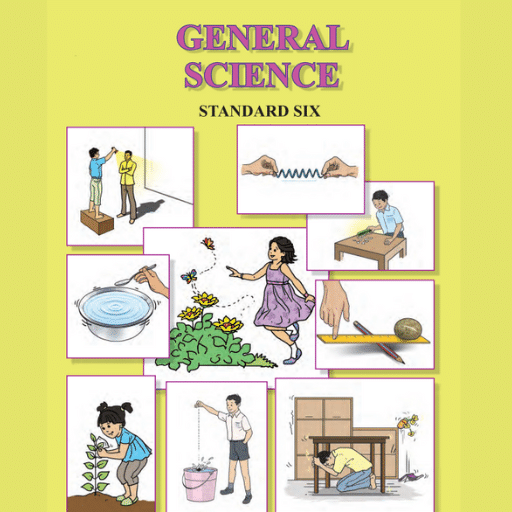Class 6 General Science Syllabus Overview
The Class 6 General Science syllabus is designed to introduce students to fundamental concepts in science. This syllabus covers various topics related to natural resources, living organisms, physical science, and more. Below is a detailed breakdown of the syllabus for Class 6 (S.S.C. Board).
Class 6 Natural Resources: Air, Water and Land
- Understanding the importance of air, water, and land.
- Exploring the composition of air and its properties.
- Water cycle and its significance in nature.
- Land resources and their sustainable management.
Class 6 The Living World
- Introduction to living organisms and their characteristics.
- Classification of living things into plants and animals.
- Habitats and adaptations of various organisms.
Class 6 Diversity in Living Things and their Classification
- Understanding biodiversity and its significance.
- Classification systems: Linnaean and modern methods.
- Key characteristics of major groups of organisms.
Class 6 Disaster Management
- Types of natural disasters: earthquakes, floods, etc.
- Preparedness and safety measures during disasters.
- Role of community and government in disaster management.
Class 6 Substances in the Surroundings: Their States and Properties
- Introduction to states of matter: solid, liquid, gas.
- Physical properties of different substances.
- Changes in states of matter and their causes.
Class 6 Substances in Daily Use
- Common substances and their uses.
- Understanding chemical and physical changes in substances.
- Importance of recycling and resource conservation.
Class 6 Nutrition and Diet
- Basics of nutrition: carbohydrates, proteins, fats, vitamins, and minerals.
- Understanding a balanced diet and its importance.
- The role of water in nutrition.
Class 6 Our Skeletal System and the Skin
- Structure and function of the human skeletal system.
- Importance of bones and joints.
- Functions of skin and its layers.
Class 6 Motion and Types of Motion
- Understanding motion and its significance.
- Types of motion: linear, circular, periodic.
- Describing motion using distance and displacement.
Class 6 Force and Types of Force
- Definition of force and its effects.
- Types of force: contact and non-contact forces.
- Introduction to friction and its applications.
Class 6 Work and Energy
- Understanding the concepts of work and energy.
- Types of energy: kinetic and potential energy.
- Law of conservation of energy.
Class 6 Simple Machines
- Introduction to simple machines: lever, pulley, inclined plane, etc.
- Understanding mechanical advantage and efficiency.
- Applications of simple machines in daily life.
Class 6 Sound
- Nature of sound and its properties.
- How sound travels through different mediums.
- Understanding pitch, loudness, and sound waves.
Class 6 Light and the Formation of Shadows
- Understanding light as a form of energy.
- Reflection and refraction of light.
- How shadows are formed and factors affecting their size.
Class 6 Fun with Magnets
- Properties of magnets and magnetic fields.
- Types of magnets: permanent and temporary.
- Applications of magnets in everyday life.
Class 6 The Universe
- Introduction to the universe: stars, planets, and galaxies.
- Understanding the solar system and celestial bodies.
- Basic concepts of space exploration and astronomy.
This comprehensive Class 6 General Science syllabus aims at fostering a deep understanding of fundamental scientific principles while encouraging curiosity about the natural world and the universe.












































